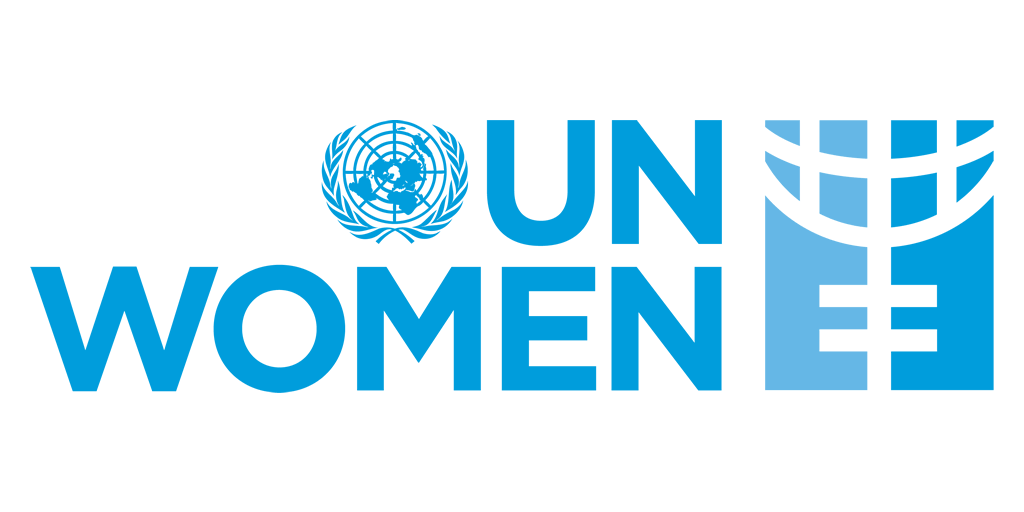
Speech: Accelerating action for gender-responsive disaster risk reduction
Time is not on our side, dear friends; we are already halfway to 2030. We face worsening climate impacts and unchecked environmental degradation.
Disasters are intensifying at an alarming rate. More extreme weather, combined with poor planning and adaptation measures, is exposing millions of people who do not have recourse to social protection, to loss of homes, lives, and livelihoods.
That exposure to harm is not uniform. As the Sendai Framework Midterm Review reports reveal, despite their capabilities, women and girls are being left out and left behind, caught up in a vicious cycle of impact and neglect.
Across the board, women are disproportionately affected both during and in the aftermath of disasters. We can see this everywhere we look, from their mortality rates to their halted education, their damaged health, experiences of violence, lost livelihoods, and malnutrition.
And yet, with so much to gain from appropriate solutions, women continue to be largely excluded from disaster risk reduction and resilience processes. The omission of women’s participation and leadership fundamentally threatens our collective resilience and ability to meet climate challenges.
Conversely, women’s perspectives and engagement at all levels leads to better resilience outcomes for communities and marginalized groups, strengthening risk reduction policies and mechanisms in the face of disasters. Research undertaken in 2019 across 91 countries demonstrates that electing women politicians helps enact ambitious climate policies.
The more women we have in positions of power, the more likely we are to have more ambitious and stringent climate change and disaster risk reduction policies, a stronger focus on quality of life, and better health and education outcomes for all.
One of the greatest strengths of the Sendai Framework from its inception is the recognition of the importance of local contexts and of communities shaping their own responses.
Women lift their families and communities after droughts, they lift them after floods, and they lift them after hurricanes, back to stability once again. Where crises converge, as we have seen in the Pacific and in the Lake Chad Basin region, women step up, particularly so when they have access to finance, knowledge, and political agency. Women are the true face of resilience. I am sure that you all agree with me.
The Midterm Review gives us a critical opportunity to leverage women’s agency and leadership for the more effective, gender-responsive implementation of the Sendai Framework.
A Gender Action Plan for the Sendai Framework will provide the much-needed roadmap for more coordinated action.
Let me also recall that Member States united to support the creation of a Gender Action Plan at last year’s session of the Commission on the Status of Women, the Global Platform on Disaster Risk Reduction in Bali, and the Asia-Pacific Ministerial Conference.
Now, UN Women, UNDRR, and UNFPA have joined forces to underline that disaster risk and gender inequality are interwoven challenges. We will only achieve our goals when we put women’s leadership at the heart of our work to strengthen our collective resilience.
As part of this partnership, UN Women stands ready to support Member States and all other stakeholders in scaling up gender-responsive disaster risk reduction.
Our Women’s Resilience to Disaster Programme, generously funded by Australia—thank you Australia—allows us to work with more than 400 women’s organizations specializing in climate and disaster resilience, in 61 countries and counting. It also allows us to amplify the voices of brilliant women leaders from Pacific small island developing states, such as Vasiti Soko, who is moderating this session. She is the Director of the National Disaster Management Office of Fiji. Welcome Vasiti.
Let us resolve to seize the momentum of the Midterm Review to make our disaster risk reduction efforts more equal, and to unleash the powerful potential of women’s leadership for resilience—and for a more sustainable and more prosperous world.
I thank you and wish you a very good session.